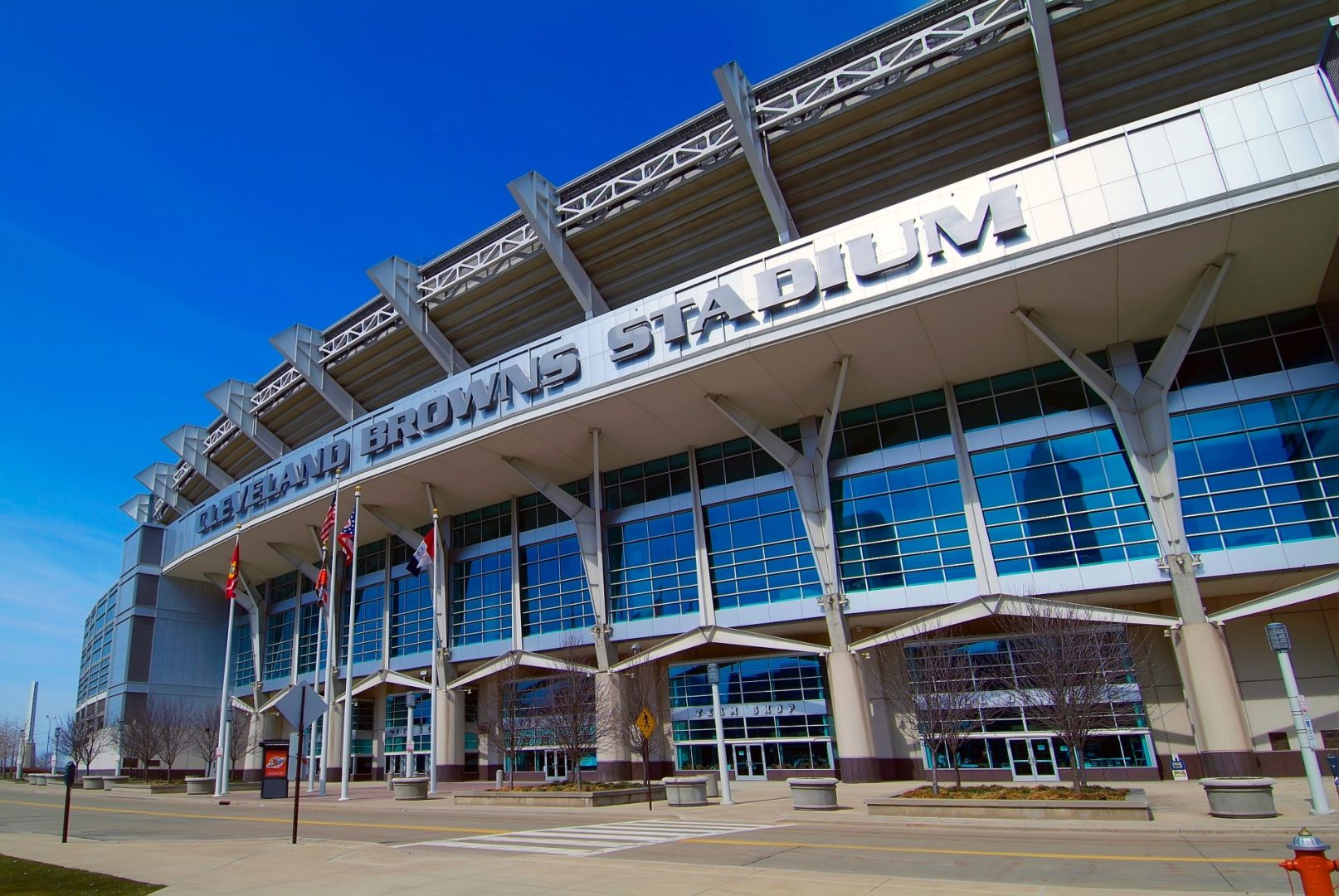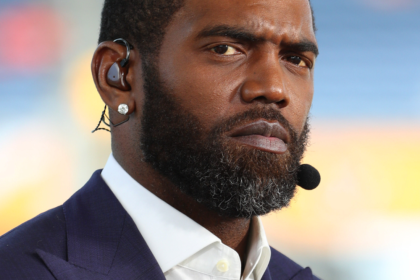The Cleveland Browns just pulled off one of the most controversial stadium deals in recent NFL history, and Ohio taxpayers are about to foot a massive bill whether they like it or not. Governor Mike DeWine’s signature on a $60 billion state budget has officially allocated $600 million in public funds toward the team’s proposed $2.4 billion domed stadium in suburban Brook Park.
This isn’t just another routine stadium funding agreement – it’s a calculated power play by billionaire owners that fundamentally changes the relationship between professional sports teams and the communities that support them. When you can convince a state government to raid unclaimed funds for your private business venture, you’ve reached a new level of political influence.
The midnight deadline drama that sealed the deal
Governor DeWine signed this controversial budget just 45 minutes before the midnight deadline, ensuring that Browns owners got their massive public subsidy without allowing time for additional opposition to mobilize. That kind of last-minute timing suggests everyone involved knew this deal would face serious scrutiny if given more time to percolate.
The $600 million commitment represents a quarter of the total stadium cost, essentially making Ohio taxpayers unwilling partners in the Haslam Sports Group’s real estate venture. When public officials commit that kind of money to private sports facilities, they’re making a statement about priorities that many residents might not support.
This budget approval creates a precedent that other NFL teams will undoubtedly study as they pursue their own stadium funding schemes. Once one state demonstrates willingness to raid public funds for billionaire owners, it becomes much easier for other franchises to make similar demands.
The unclaimed funds controversy that’s raising eyebrows
Instead of raising taxes directly, Ohio chose to use $600 million from the state’s $4.8 billion pool of unclaimed funds – money left behind in dormant bank accounts, uncashed checks, and forgotten utility deposits. While this might seem like found money, it represents resources that technically belong to citizens who might still claim them.
The decision to divert these funds toward a private stadium project rather than public services like education or infrastructure has sparked legitimate questions about government priorities. When you’re using money that belongs to citizens for a billionaire’s business venture, the optics become increasingly problematic.
Originally, DeWine had proposed doubling sports betting taxes to fund stadium projects for the Browns and Cincinnati Bengals. The switch to unclaimed funds suggests political calculations about which funding source would face less public resistance.
Brook Park versus Cleveland becomes bitter rivalry
The Browns’ decision to build their new stadium 15 miles south of Cleveland in Brook Park represents more than just a location change – it’s a fundamental abandonment of the urban core that has supported the franchise for decades. This move will create competing entertainment districts and potentially devastate downtown Cleveland’s economic ecosystem.
Cleveland Mayor Justin Bibb’s disappointment is completely understandable given the potential economic consequences. When a major sports franchise relocates outside city limits while still demanding public subsidies, it creates the worst possible outcome for urban communities that have invested heavily in their teams.
The timing couldn’t be worse for Cleveland, which has been working on ambitious lakefront redevelopment projects that could be severely undermined by the Browns’ suburban migration. Sometimes professional sports teams forget that they’re supposed to be community assets rather than purely profit-driven enterprises.
The Art Modell Law gets quietly gutted
Perhaps the most significant long-term consequence of this budget involves changes to Ohio’s Art Modell Law, which was specifically designed to prevent teams from abandoning communities that have invested in them. The original law required six months’ notice and opportunities for cities to purchase teams before any relocation.
The new language essentially neuters this protection by applying it only when teams attempt to leave Ohio entirely. This change allows the Browns to move within the state while bypassing the community protections that were put in place after Art Modell’s devastating franchise relocation to Baltimore.
This legal modification sets a dangerous precedent that could encourage other teams to simply relocate within their states to avoid community ownership laws. When protective legislation gets quietly dismantled to benefit billionaire owners, it represents a fundamental shift in power dynamics.
Why this deal represents everything wrong with sports economics
The Browns’ stadium funding represents a perfect example of how professional sports teams have mastered the art of socializing costs while privatizing profits. Taxpayers assume the financial risk while billionaire owners reap all the long-term benefits from increased franchise values and revenue opportunities.
The Haslam Sports Group’s celebration of this “tremendous milestone” rings hollow when you consider they’re essentially forcing Ohio residents to subsidize their private business venture. When owners worth billions of dollars demand public funding for their projects, it reveals how disconnected they’ve become from the communities they claim to serve.
This deal also highlights the political influence that major sports franchises wield over state and local governments. The fact that Ohio officials were willing to modify protective laws and divert public funds demonstrates how difficult it becomes for communities to negotiate from positions of strength.
The legal challenges that could derail everything
Democratic lawmakers and outside organizations have already threatened legal action over this stadium funding scheme, arguing that raiding unclaimed funds without due process violates constitutional protections. These challenges could potentially delay or completely block the stadium project.
Cleveland’s existing lawsuit against the Browns over their proposed move adds another layer of legal complexity that could drag on for years. When multiple parties are challenging both the funding mechanism and the relocation itself, the entire project faces significant uncertainty.
The constitutional questions surrounding unclaimed funds usage could set important precedents for how states can allocate resources that technically belong to private citizens. If courts rule against Ohio’s approach, it could fundamentally change how public stadium financing gets structured.
What this means for Cleveland’s future
The Browns’ suburban migration represents more than just losing a football team – it symbolizes the ongoing challenge of maintaining vibrant urban cores in an era of suburban sprawl. When anchor institutions abandon downtown areas, it creates cascading effects that can take decades to overcome.
Cleveland’s investment in downtown infrastructure and development was partly predicated on maintaining the Browns as a cornerstone attraction. Losing that anchor tenant while still paying for their new facility creates the worst possible financial outcome for city residents.
The broader implications extend beyond Cleveland to every city that has invested public resources in professional sports facilities. If teams can simply relocate within states while keeping public subsidies, it fundamentally changes the risk calculation for future stadium investments.
This Browns stadium deal will likely be studied for years as either a cautionary tale about corporate welfare or a successful example of public-private partnership, depending on your perspective. What’s certain is that it represents a significant victory for billionaire sports owners at the expense of taxpayers and urban communities.















